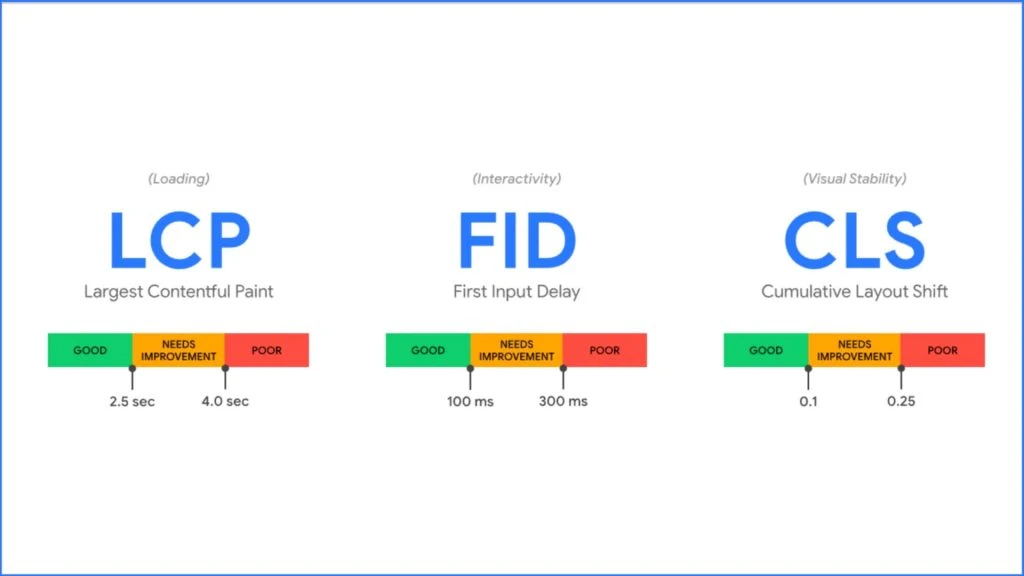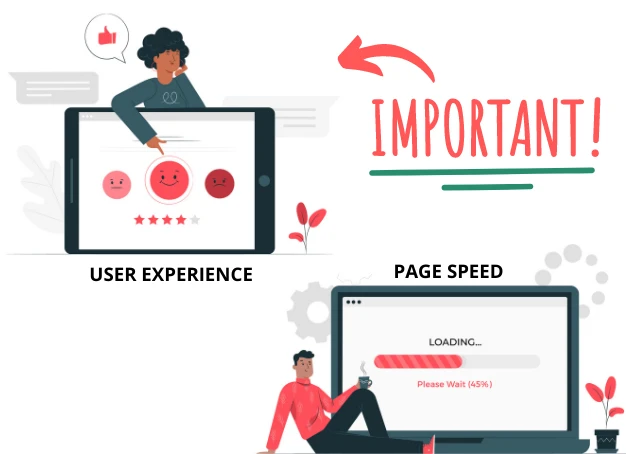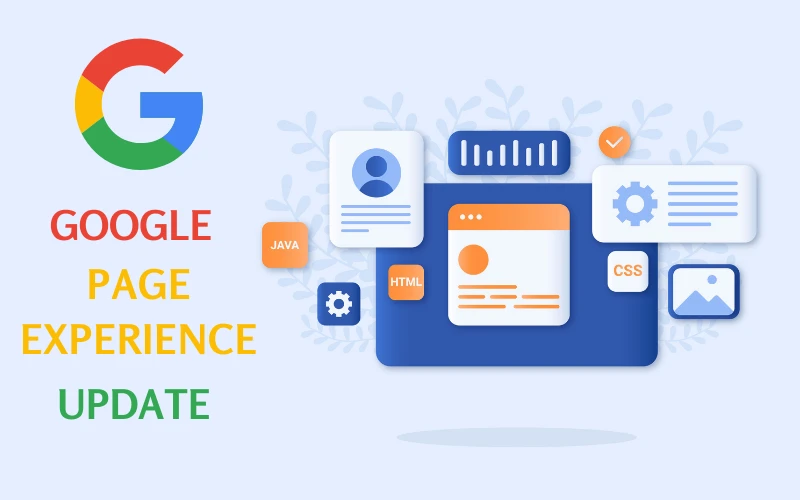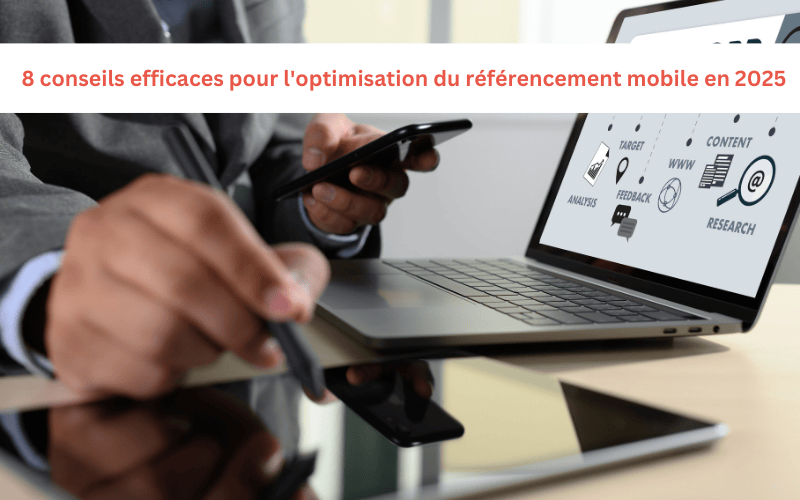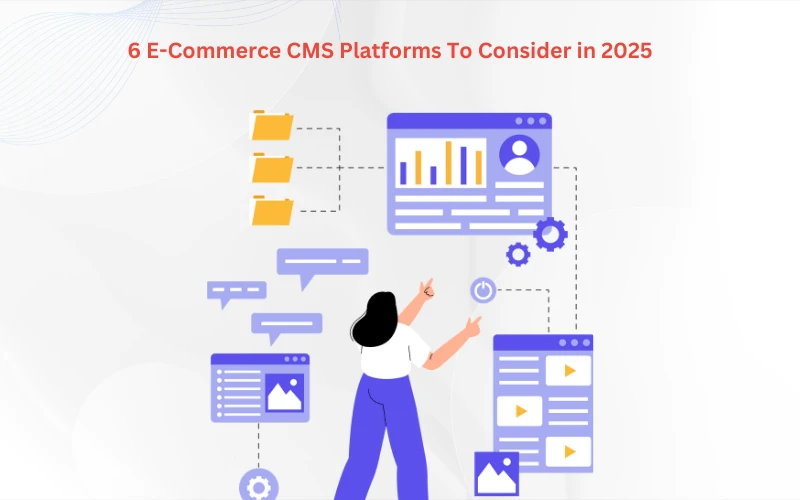The Google Page Experience will become the new ranking factor in 2021 – the search engine giant officially made this announcement in November 2020. Google continues to aggressively pursue the goal of improving the user experience within its search results. To remain visible in its results pages, website owners and site operators are left with no choice, but to optimize the user experience as part of their SEO strategy in 2021 and beyond.
While it was originally planned to roll out in May 2021, Google is postponing the start of the upcoming Page Experience algorithm update, in which the core web vitals become ranking signals, to mid-June 2021. Google’s updated timeframe for the Page Experience update gives website owners at least an additional month to prepare for it. Below, we will explain why the update has been postponed and how you can prepare for it now!
Google’s Reasons for Postponing The Page Experience Update
Google shared in a recent blog post that the Page Experience update will be rolled out, starting in mid-June, but will not play its full role in the search ranking until the end of August.
“We’ll begin using page experience as part of our ranking systems beginning mid-June 2021. However, page experience won’t play its full role as part of those systems until the end of August. You can think of it as if you’re adding flavoring to the food you’re preparing. Rather than adding the flavor all at once into the mix, we’ll be slowly sprinkling it all over this period.”
One of the reasons for the gradual rollout is to monitor the impact of the update, as there may be unexpected problems. Websites should not expect to see any drastic changes when this update is rolled out, says Google. Page experience will be one of the many factors in the new update that are taken into consideration when ranking websites. Therefore, everything else we already know about the Page Experience Update stays the same in terms of search results.
As part of the Page Experience update, there will be a change to Google News that will expand the use of non-AMP content on news.google.com and in mobile apps. Google will also remove AMP badges that indicate AMP content.
Google Page Experience and the Core Web Vitals
With the introduction of the Core Web Vitals last summer, Google made it clear to which discipline the ranking algorithm should be improved: in user experience (UX). The so-called Core Web Vitals evaluate the user-friendliness of a page in terms of its loading time (“Largest Contentful Paint”), interactivity (“First Input Delay”), and visual stability (“Cumulative Layout Shift”).
- Largest Contentful Paint: This metric measures the perceived loading speed. It indicates when the main content of a page is loaded.
- First Input Delay: This measures the responsiveness of a website. It evaluates the experience of a user who interacts with a website for the first time.
- Cumulative Layout Shift: This value represents the visual stability of a page. It quantifies the extent of unexpected layout shifts, for example when some visible content is loaded after others.
Once the update rolls out, Google will combine the
Core Web Vitals with the existing ranking factors, including
mobile-friendliness, safe browsing, HTTPS security, and the guidelines on intrusive interstitials.
User Experience More Important than Page Speed for SEO
The new Google metrics are designed to measure the usability of a website more effectively and concisely than before. There is a reason for this: in the past, the focus of many
SEO experts was primarily on optimizing page performance. Site operators have improved their websites, especially in terms of loading speed, to be successful in the search rankings. However, quite often, this led to the usability of the site deteriorating.
The new metrics can no longer be “tricked” easily. For example, it is no longer sufficient to simply reload certain content to deliver the page faster (“lazy loading”), because this can lead to jumps in the layout (CLS). The introduction of the Google Page Experience will hurt Google’s ranking with this ‘hack’ that seemed to have been working for a while.
The same goes for the method of grouping many small scripts to download only one file. Since the browser cannot accept any interactions while the large script is being processed, there are ranking deductions concerning the responsiveness of the page (FID). In addition, Google will no longer only measure when the first-page content is loaded (FCP), but will also determine the loading speed of the main content (LCP).
After the page experience update, other speed metrics will no longer play a role as a Google ranking factor. This was confirmed by John Müller, Webmaster Trends Analyst at Google, in the Google Office Hours on October 29
th, 2020. Nevertheless, Müller recommends, in addition to the Core Web Vitals, to also consider those aspects of the page performance that have no direct influence on the ranking. That’s because if, for example, the buying process is too slow on an e-commerce site, this has negative effects on the Conversion Rate.
Our Recommendation
Our tip for testing the mobile performance and user-friendliness of your online store is simple. Some companies choose a certain day of the week on which their employees are only allowed to use the Internet at a reduced rate (max. almost 3G). This will make them aware of the problems that can arise and how frustrating it can be to navigate to pages that have not been optimized for usability.
This simple exercise can go a long way in fixing all your page speed problems, both in the short and long run.
Conclusion
Google still places importance on the fact that pages load quickly – but no longer at the expense of usability. With the introduction of the Google Page Experience and Core Web Vitals, the search engine can no longer be misled by tricks like “lazy loading”.
If you want to achieve high-ranking positions in Google, continue to optimize the user experience with the help of the new metrics. Ultimately, this doesn’t just have a positive effect on your website’s SEO and performance but also improves the overall customer experience and can increase your site’s conversion rate.
Hire professional SEO experts to ensure the best performance of your website on Google. Give our team a call today to get started!
